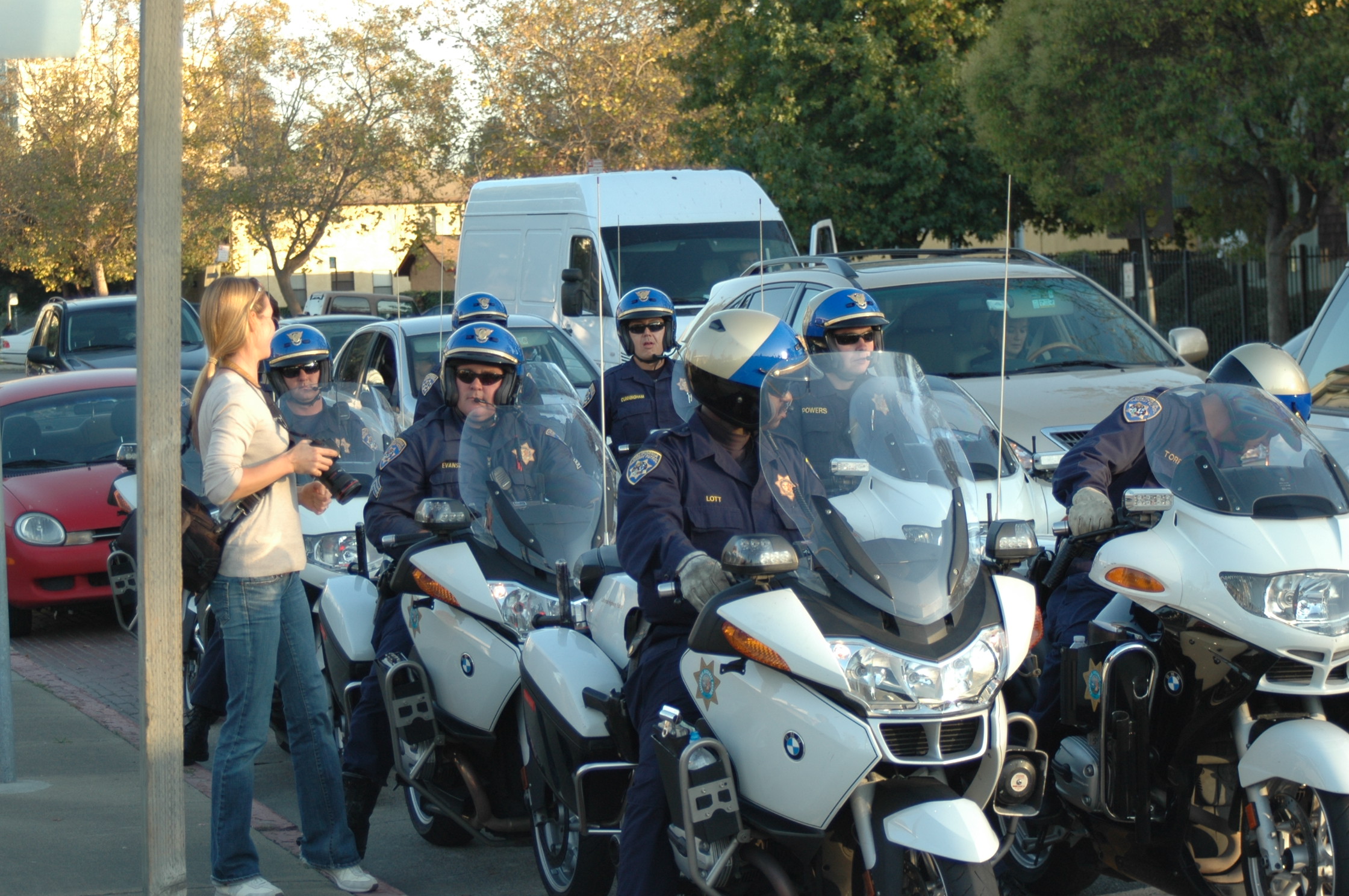Article Media
By Aden Fine
ACLU National Office
By Aden Fine
ACLU National Office
The good news is that SB 1434, the important California privacy law that would make sure that police get a warrant before getting access to sensitive location information, passing its first hurdle and is moving onto a full vote by the California Senate.
The bad news is that several California legislators made the wrong call yesterday, selling out the privacy interests of Californians to the wireless and tech industry by removing the bill's important reporting provisions.

Wireless companies are opposing an important new mobile privacy bill in California (SB 1434) because they say they are too busy "working day and night to assist law enforcement," so it would be too much of a burden to tell their customers how often and why they are turning over location data to law enforcement.
Location data from your cell phone or portable device can make it easy to get directions or locate the closest coffee shop. But that location data also says a lot about you – where you go, what you do, and who you know. And outdated privacy laws, written before GPS and other location-aware technologies even existed, mean that all this personal information isn't being properly protected from prying eyes. Don't pay for location-based services by giving up control of your personal information. Demand a privacy upgrade.
Yesterday, the House Intelligence Committee released proposed changes to the Cyber Intelligence Sharing and Protection Act of 2011, also known as CISPA that, according to its sponsors, represent "huge progress" towards addressing the privacy and internet freedom community's conce
When we stop spending millions of dollars a year to incarcerate Californians whose only crime is addiction, we will free up funding that can be used to help more people get the treatment they need.
This is the logic behind Senate Bill 1506 (D-Leno), which passed its first hurdle yesterday when it won a majority of votes in the Senate Public Safety Committee. SB 1506 proposes to revise the state's penalty for drug possession for personal use from a felony to a misdemeanor.
The ACLU of Northern California (ACLU-NC) and San Francisco Bay Guardian (Bay Guardian) have filed a Freedom of Information Act (FOIA) request to try to uncover how United States Attorneys in the Northern District of California are seeking and accessing sensitive location data.